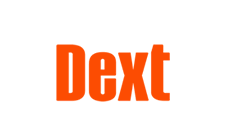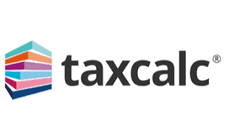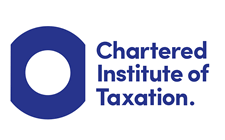Warning for cryptoasset investors
Changes to the self-assessment tax return signal HMRC’s intention to go after those buying and selling cryptoassets. What’s the full story?

HMRC has already set out its design for self-assessment tax returns for 2024/25. The return will include dedicated questions in the capital gains pages (Form SA108) for purchases and sales of cryptoassets such as Bitcoin and Ethereum. It’s apparent HMRC considers that many taxpayers are not reporting or incorrectly reporting gains or losses they’ve made from investing in cryptoassets. YouGov statistics show that in January 2024 10% of the adult population has bought or own them. This has been the position since mid-2022. Of course, this doesn’t mean they’ve all made gains that ought to have been declared to HMRC, but it believes that there’s a lack of awareness of when a declaration is required.
Another factor makes undeclaration increasingly likely. In the space of a year the annual exempt amount for capital gains has been reduced from £12,300 (as it stood on 5 April 2023) to where it stands now at just £3,000. This means that if the aggregate of all your capital gains, net of any capital losses, made in 2024/25 exceeds £3,000, you will have to pay capital gains tax (CGT) on the excess at 10% if you’re a basic rate taxpayer, or 20% if you pay at the higher or additional rate.
As well as understanding what and how to report, it’s essential that you keep a record of each cryptoasset transaction, i.e. the date, its value in UK sterling and any dealing or brokers’ costs (these are CGT deductible). Keeping good contemporaneous records will make your life much easier in deciding if you need to include a declaration to HMRC and whether you have CGT to pay.
Related Topics
-
When will you have to register your new business for MTD?
The timetable for mandatory use of Making Tax Digital for Income Tax Self-Assessment (MTD ITSA) by existing businesses is well established. But when must you use MTD ITSA if you start a new business or create a new income stream?
-
EU law change for virtual events: how will it affect you?
Your business organises live events online, charging delegates a fee to attend. What are the rules about charging VAT and what changes took place on 1 January 2025 that will affect you if EU delegates attend your sessions?
-
Forthcoming changes to statutory sick pay
According to statistics from the Office for National Statistics (ONS), the rate of sickness absence fell to an average of 4.4 working days lost per worker in 2024, down from 4.9 days in 2023. Whilst this is good news for employers, forthcoming changes to statutory sick pay (SSP) are less good news. What do you need to know?









 This website uses both its own and third-party cookies to analyze our services and navigation on our website in order to improve its contents (analytical purposes: measure visits and sources of web traffic). The legal basis is the consent of the user, except in the case of basic cookies, which are essential to navigate this website.
This website uses both its own and third-party cookies to analyze our services and navigation on our website in order to improve its contents (analytical purposes: measure visits and sources of web traffic). The legal basis is the consent of the user, except in the case of basic cookies, which are essential to navigate this website.